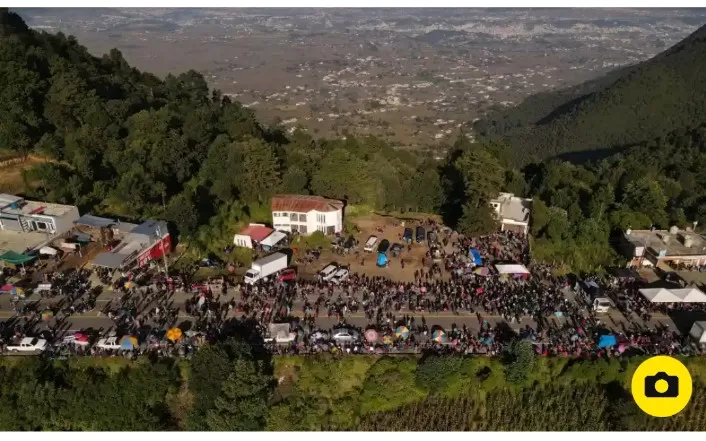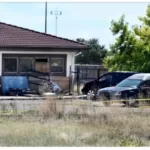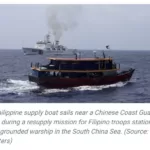Thousands of protesters have effectively blocked roadways throughout Guatemala in an escalating wave of demonstrations in solidarity with the president-elect, Bernardo Arévalo. This outpouring of support follows the decision by the nation’s highest court to uphold a prosecutor-led initiative to suspend Arévalo’s political party, citing alleged voter registration fraud.
Arévalo, a prominent anti-corruption advocate who secured a resounding victory in the August elections, has vehemently denounced the suspension as a “coup” orchestrated to neutralize him before he officially assumes office in January. His supporters are resolutely demanding the resignation of the implicated prosecutors. What initially began as 14 street blockades earlier this week has surged to 58 road and highway closures by Friday.
Arévalo and electoral authorities had vigorously contested the suspension of his party, the Seed Movement, in late August, contending that the allegations related to voter registration fraud constituted criminal charges. They argued that the prosecutors overstepped their jurisdiction by suspending the party, thus intruding into electoral matters.
On Thursday, the constitutional court ruled that despite the criminal nature of the accusations, prosecutors are authorized to take actions with electoral ramifications.
Deprived of his party, Arévalo could face significant obstacles after assuming office on January 14. The president-elect has asserted that politically motivated prosecutors are attempting to overturn his electoral victory in August. Prosecutors contend that some of the signatures used for registering Arévalo’s party may have been falsified.
Protesters, in addition to the suspension, reacted strongly this week to the attorney general’s office seizing vote tallies from electoral authorities. This seizure is part of an ongoing investigation into allegations of electoral fraud that international observers argue are politically motivated.
Indigenous groups and rural farm workers have effectively halted traffic on major transportation routes, expressing their concerns about the violation of the will of the voters.
The Organization of American States’ observation mission expressed the belief that the actions of prosecutors are seemingly aimed at preventing Arévalo from assuming office.
Arévalo remarkably performed well in the initial round of Guatemala’s presidential election in June, garnering significant support through his anti-corruption campaign, which resonated with disillusioned voters. In the August run-off, he secured nearly 61% of the vote.
Independent election observers have attested to the absence of evidence of fraud that could have impacted the election results in either round of voting.
However, these findings have not deterred the investigative efforts of Attorney General Consuelo Porras and Prosecutor Rafael Curruchiche. International organizations have accused these efforts of seeking to overturn or tarnish the election results.
Porras assumed the role of attorney general in 2018 and faced sanctions by the U.S. government in 2021 for undemocratic conduct and obstructing corruption investigations. She has consistently denied any wrongdoing.
Porras’ office continues to investigate the manner in which Arévalo’s Seed Movement acquired the requisite signatures for its registration several years ago.







